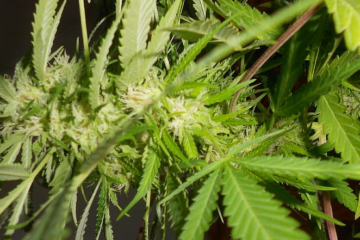In the realm of regulated substances, alcohol and cannabis stand as two giants with vastly different impacts on society. A recent analysis sheds light on the governance costs associated with each, revealing a stark contrast not only in financial terms but also in health and social repercussions.
Economic and Health Implications
The economic footprint of alcohol is enormous, with healthcare costs alone amounting to about $6.3 billion. In comparison, cannabis-related healthcare expenses are significantly lower, at $381 million. This discrepancy extends to productivity losses, where alcohol’s impact is over 16 times greater than that of cannabis.

Regulatory Disparities
The governance models for alcohol and cannabis vary greatly across provinces, with Alberta’s AGLC overseeing both substances. The financials are telling: alcohol net revenues are 14 times higher than cannabis, yet cannabis expenses are disproportionately high. This raises questions about the efficiency and fairness of the current regulatory frameworks.
Societal Costs
Beyond the balance sheets, the societal costs paint a sobering picture. Alcohol’s social cost stands at a staggering $2.38 billion, dwarfing the $491 million attributed to cannabis. These figures call for a critical evaluation of substance governance and its alignment with public welfare.



